Teflon wire, also known as PTFE wire (polytetrafluoroethylene wire), is a type of electrical wire that has gained popularity in various electrical applications due to its versatility and unique properties. Let's explore the versatility and benefits of Teflon wire in more detail:
High temperature resistance: Teflon wire can withstand extremely high temperatures without losing its physical or electrical properties. It has a high melting point of around 327 degrees Celsius (621 degrees Fahrenheit) and can operate continuously at temperatures up to 200 degrees Celsius (392 degrees Fahrenheit). This makes it suitable for applications where heat is a concern, such as in industrial ovens, heaters, and automotive wiring.
Chemical resistance: Teflon wire has excellent resistance to chemicals, solvents, oils, and fuels. It is unaffected by most acids, bases, and organic solvents, making it ideal for use in harsh environments where exposure to corrosive substances is a possibility. This property makes Teflon wire widely used in chemical plants, laboratories, and industries involving corrosive chemicals.
Electrical insulation: Teflon is an excellent electrical insulator. It has a very high dielectric strength, low dissipation factor, and low dielectric constant. These properties allow Teflon wire to maintain its insulation integrity even at high voltages and frequencies. It is often used in applications where high-performance insulation is required, such as aerospace, telecommunications, and high-frequency electronic circuits.
Low friction coefficient: Teflon has a very low coefficient of friction, which means it has excellent lubricating properties. This makes Teflon wire useful in applications that involve continuous movement or rubbing, such as in robotics, automated machinery, and conveyor systems. The low friction coefficient of Teflon also reduces wear and tear, improving the longevity of the wire.
Flexibility and durability: Teflon wire is highly flexible and durable, allowing it to withstand repeated bending and flexing without degrading its performance. It has good mechanical strength and resistance to abrasion, making it suitable for applications where the wire needs to endure frequent movement or mechanical stress.

 ENGLISH
ENGLISH 简体中文
简体中文 GERMAN
GERMAN SPAIN
SPAIN
 +86 181-5747-1135
+86 181-5747-1135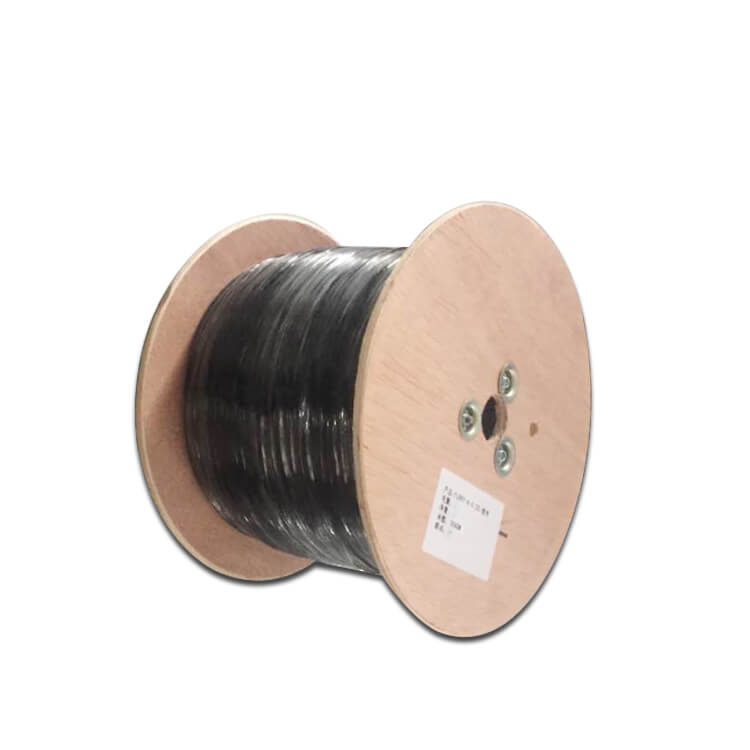
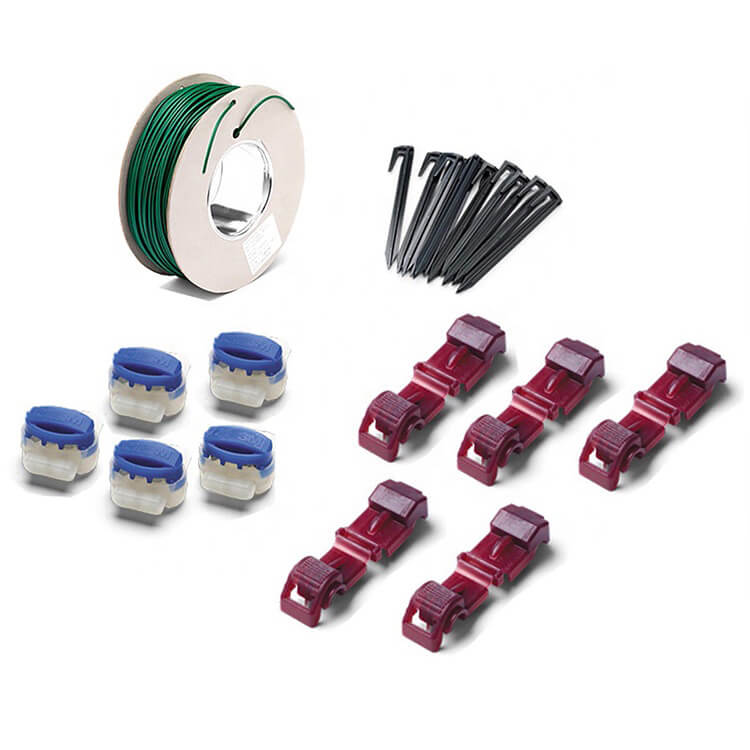
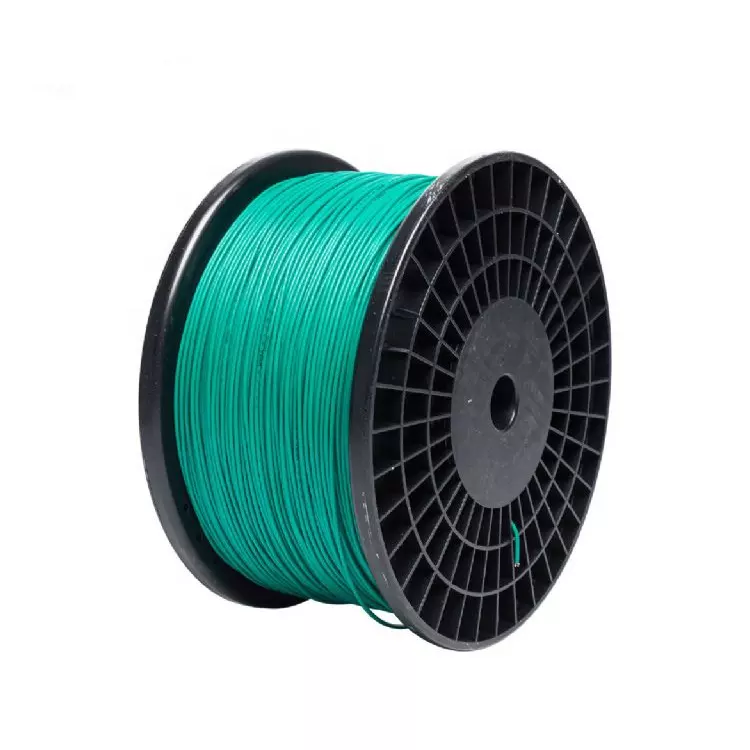



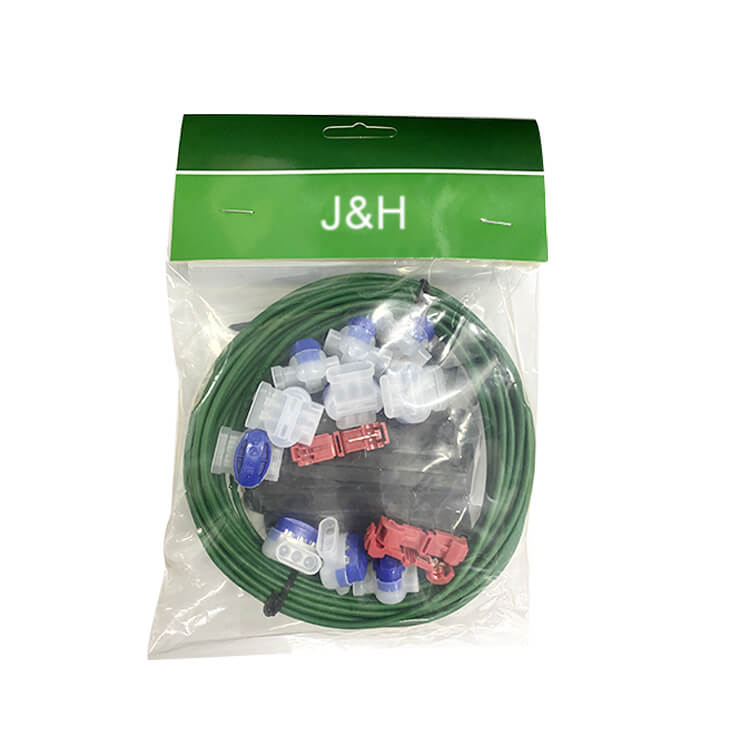
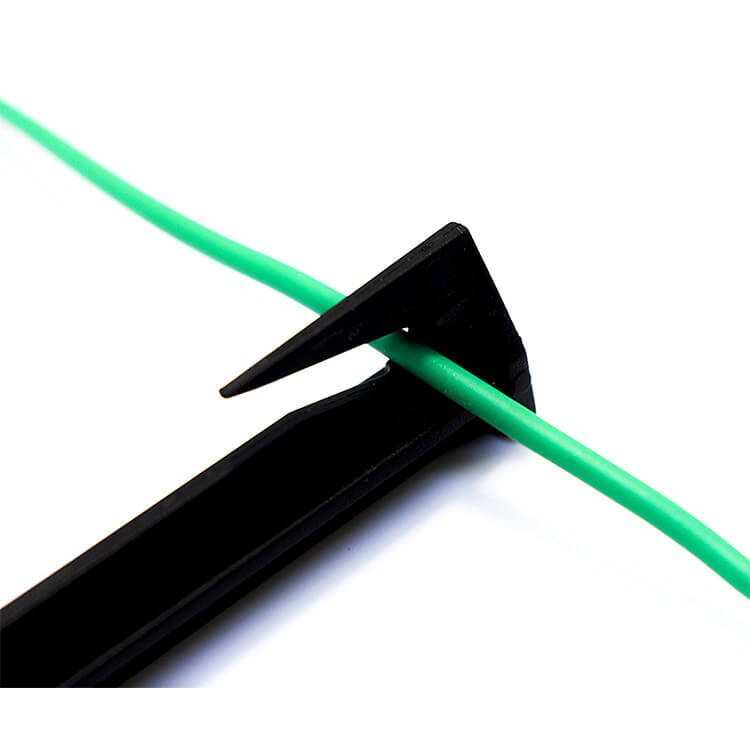
 Abroad:+86 181 5747 1135
Abroad:+86 181 5747 1135 FAX: +86 574 8900 7636
FAX: +86 574 8900 7636 E-mail:
E-mail: 

 read the map
read the map

